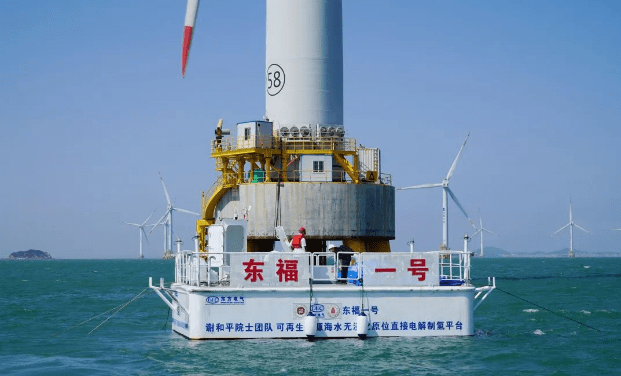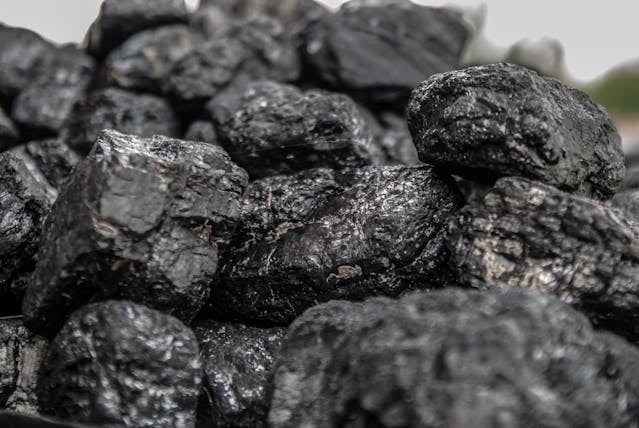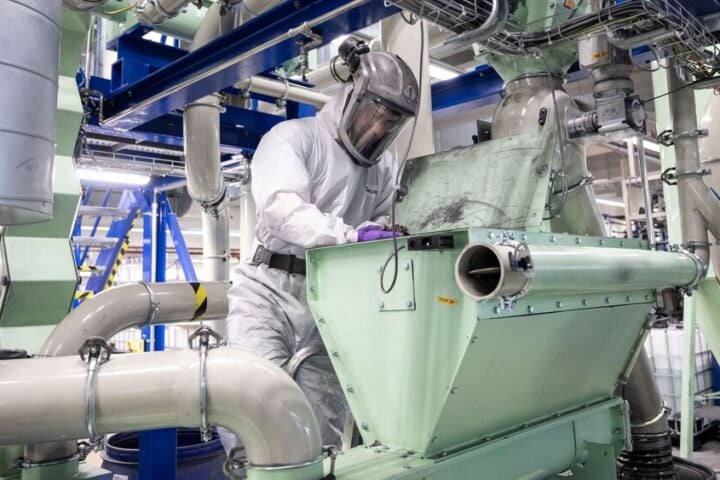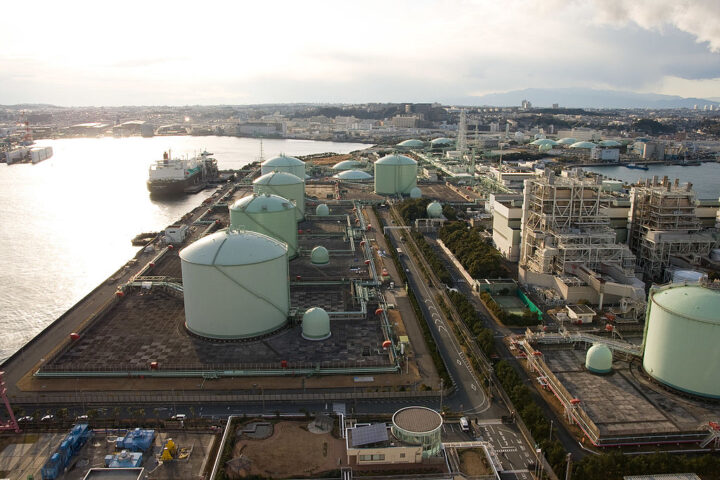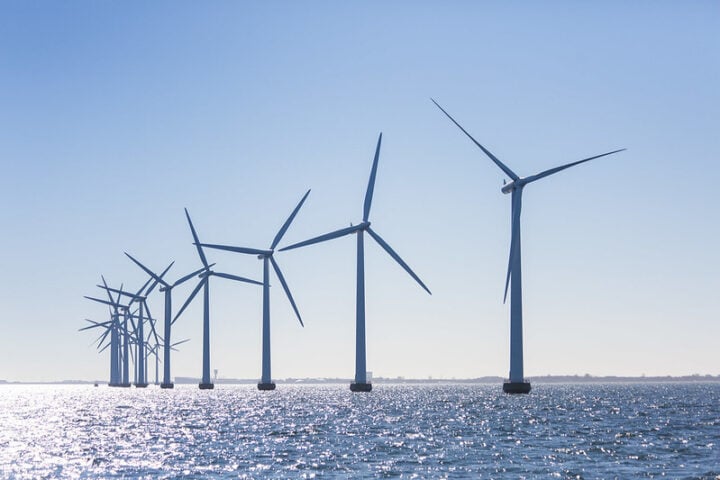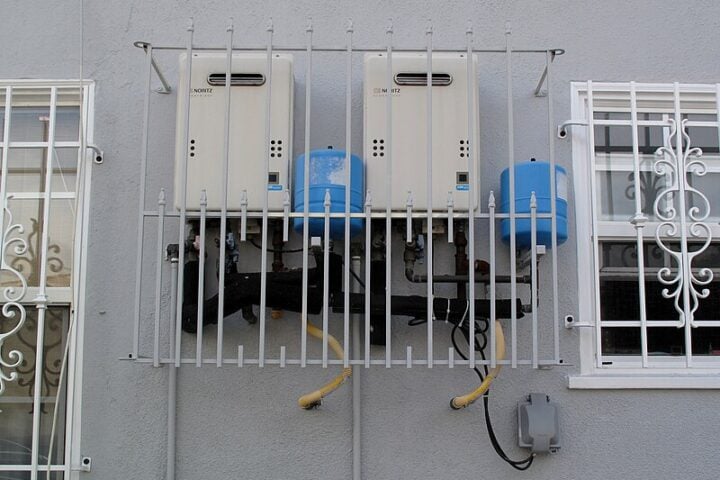Scientists in China have made a huge breakthrough by effectively converting seawater into hydrogen and oxygen without the need for desalination. This ground-breaking experiment reveals a new energy source produced from electrolyzed salt water. The research team, led by Xie Heping of Shenzhen University and the state-owned Dongfang Electric Corporation, has brought us one step closer to clean, renewable energy. The “Dongfu Number One” offshore platform, located off the coast of Fujian province in southern China, integrates wind and solar power to utilize seawater without desalination. The platform is designed to withstand extreme circumstances, such as waves and gusts of up to force 8 on the Beaufort scale. The 63 square-meter (678 square foot) platform integrates a hydrogen production system with a reliable offshore wind power supply to create an eco-friendly floating farm. The complexity of seawater’s composition, including microorganisms and suspended particles, presents challenges when working with it for hydrogen production.
However, the Chinese team overcame this obstacle by utilizing a unique hydrogen generation technique previously published in the scientific journal Nature. Unlike previous projects that involved the expensive and challenging process of desalinating seawater for hydrogen production, Xie’s team made tremendous progress. They were able to effectively show the device’s outstanding anti-interference capability while also gathering crucial data to facilitate industrialization. This holds particular significance because seawater, with its microorganisms and other particles, can affect electrolysis efficiency and reduce the lifespan of the equipment. Xie’s team, on the other hand, was able to achieve electrolysis of saltwater without the need for desalination, even in the most difficult and intricate ocean conditions, integrating offshore renewable energy.
Similar Post
Throughout its ten-day operation in seawater, the offshore platform maintained an exceptional ion rejection rate of more than 99.99% and accomplished hydrogen production with a minimum purity level of 99.9%. This low-cost technology eliminates the need for desalination, offering a promising alternative for manufacturing hydrogen at a significantly lower cost than existing methods. The platform has the ability to manufacture hydrogen at a cost of about 11.2 yuan (US$1.57) per kilogram, which is a significant saving over the current cost range of 20 to 24 yuan per kilogram from natural gas. The remarkable achievement of this successful experiment received a unique distinction as one of China’s top ten scientific advancements in 2022. Dongfang Electric Corporation played a critical role in the technology’s industrialization, enabling a dependable offshore wind power source for stable production.
The platform, equipped with a 10-megawatt wind turbine and a 28-kilowatt energy storage device, was able to sustain hydrogen production with an almost perfect Faraday efficiency of 100%. Even in difficult offshore conditions, the platform’s efficiency and performance remained comparable to laboratory conditions. With the goal of expanding their accomplishments, the team is concentrating on scaling up and improving the potential of their hydrogen generation system to resist interference. The successful integration of offshore renewable energy and desalination-free saltwater electrolysis has far-reaching implications for industrialization. The researchers have developed plans to collaborate with global companies in order to accelerate the industrialization of this groundbreaking hydrogen-generating approach. This significant breakthrough has the potential to revolutionize the field of hydrogen production, playing an important part in paving the way to a cleaner and more sustainable energy future. The successful deployment of the environmentally friendly floating farm shows the possibility of using renewable sources for large-scale hydrogen production. The achievement marks a promising beginning for offshore hydrogen production using renewable energy.
This project exemplifies how to efficiently transform academic achievements into practical industrial applications. The integration of wind and solar power on the offshore platform provides a stable and reliable energy supply for hydrogen production. The design and technology of the floating farm were specially developed to endure the challenging conditions of the ocean environment. The successful conversion of seawater into hydrogen and oxygen not only opens up a new frontier in energy production but also addresses a rising need for clean and sustainable alternatives. The Chinese team‘s approach represents a possible path toward large-scale hydrogen production at a lower cost. By simply utilizing saltwater without the requirement for desalination, the complexity and costs associated with producing hydrogen from this abundant resource are significantly decreased. The innovative hydrogen production method showcased on the offshore platform offers insight into the future of renewable energy. With further advances and collaborative efforts, the broad adoption of this technology has the potential to revolutionize the energy landscape and contribute significantly to a greener world.
